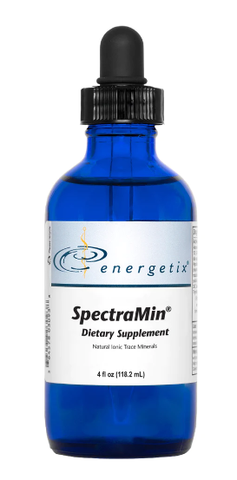THE IMPORTANCE OF TRACE MINERALS!

Trace elements function primarily as catalysts in enzyme systems; some metallic ions, such as iron and copper, participate in oxidation-reduction reactions in energy metabolism. Iron, as a constituent of hemoglobin and myoglobin, also plays a vital role in the transport of oxygen.
- Trace minerals are antioxidants. Antioxidants help in the removal of free radicals. Free radicals are unstable molecules made during normal cell metabolism (chemical changes that take place in the cell). Free radicals can build up in the cell and cause damage to other molecules, such as DNA, lipids and proteins. This damage may increase the risk of cancer and other diseases.
- Trace minerals are building blocks for enzymes. Enzymes are necessary for proper digestion
- Trace minerals are necessary carriers of hormones. They carry hormones and distribute them throughout the body.
- Trace minerals support our blood system. They clean the blood so to speak
- Trace minerals are necessary for normal growth and development as well as neurological functions.
Where do we get Trace Minerals?
- Nuts and seeds
- Cruciferous Vegetables - Broccoli, Cauliflower, Cabbage, Kale, Watercress and Brussel Sprouts
- Organ Meats
- Eggs
- Beans
- Cocoa
- Avocados
- Berries
- Ancient Grains
- Leafy Greens
- Tropical fruits
- Starchy vegetables


Are there enough trace minerals in our food?
The soil must have trace minerals in order for our food to have the necessary amount of trace minerals. A recent report on U.S. agriculture records states the nutrient and mineral content of fruits and vegetables has been dropping since these records were taken in the early 1940’s. An example of that is you would have to eat 5 apples today, to receive the nutrients from one apple in 1965.
SOLUTION
- If you grow your own food, remineralize your soil.
- Add trace minerals to your diet, and or water
- Make sure you eat organic and Non-GMO foods
- Avoid soft drinks and processed foods.
- Consuming excessive sugar, alcohol and coffee
- Consuming and or using chemical and radiated foods
Recommended Product:
SpectraMin

